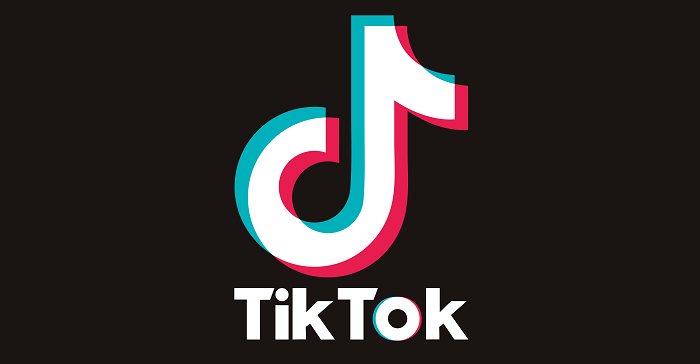Social Media
TikTok Suspends Planned Data Usage Policy Change Amid New EU Investigation
- By Brett Belau
12 Jul

This doesn’t look great for TikTok, which is already under scrutiny in several regions.
Today, TikTok has confirmed that it has suspended a planned change to its privacy policy relating to the use of user insights for targeted advertising, amid questions over whether the change is actually legal under the latest EU provisions for data protection and control.
Last month, TikTok began showing users in Europe, the UK and Switzerland new, in-app notifications informing them of the upcoming change to its data collection policies.
As you can see, within these new pop-up alerts, TikTok explained that, as of July 13th (i.e. tomorrow), it would look to use ‘legitimate interests’ as a legal basis for ad personalization, as opposed to seeking explicit user consent for utilizing personal data within its ad targeting process.
The difference here is significant – under EU law, the ‘legitimate interest’ provision comes under a different category to personalized data tracking, and avoids the need to ask users for explicit consent to use their personal info. That would essentially enable TikTok to continue serving personalized ads without having to ask for user permission, which is what the EU’s ePrivacy Directive is designed to facilitate, giving people more control over how their data is used.
The ‘legitimate interest’ provision is somewhat similar to ‘fair use’ within press coverage, with media outlets able to use certain content and references if it’s arguably within the public interest. Legitimate interest is the same, in that a company can argue that it’s within the interests of both the company and users that it utilizes such insights.
Targeted advertising is not what this provision was designed to cover, but TikTok was hoping to use the loophole to ensure optimal performance of its ads.
Indeed, in a statement on its decision to pause the update, pending an EU investigation, TikTok said that:
“We believe that personalized advertising provides the best in-app experience for our community and brings us in line with industry practices, and we look forward to engaging with stakeholders and addressing their concerns.”
Of course, TikTok knows full well that this was not what the ‘legitimate interest’ provision was designed for, and it was trying to sneak it in under the radar. Which makes some sense, in a certain reading of the law as it stands – but it’s not exactly a great way for the platform to endear itself to regulators, and ensure ongoing partnership within the sector.
As noted, amid TikTok’s ongoing rise, questions continue to swirl around the safety of the app, and how it uses people’s data, both in terms of targeted ads and, potentially, with respect to requests for info from the Chinese Government.
Last month, an FCC Commissioner in the US called on both Apple and Google to ban TikTok from their app stores, due to concerns that the app could be used as a surveillance tool, of sorts, by the Chinese Government. TikTok has since sought to reassure US users that their data is safe.
Also last month, TikTok was found to be failing in its duty to protect children from hidden advertising and inappropriate content, in breach of EU rules, another concern for the app in the European region.
This latest issue will not help to improve relations between the app and EU regulators, and could well spark a new round of scrutiny on its other business practices and impacts, which could again put its future in jeopardy.
It seems unlikely TikTok would be fully banned, given its rising presence and usage around the world. But as the CCP continues to bristle with various other governments, questions will remain – while issues and violations like this do nothing to help the app establish better working relationships with relevant authorities, who could decide on its ultimate fate.
It seems unlikely, but also not impossible. TikTok is the app of the moment, and the key place to be in many respects. But its future may still be questionable in a broader sense.
Source: www.socialmediatoday.com, originally published on 2022-07-12 15:11:40
Connect with B2 Web Studios
Get B2 news, tips and the latest trends on web, mobile and digital marketing
- Appleton/Green Bay (HQ): (920) 358-0305
- Las Vegas, NV (Satellite): (702) 659-7809
- Email Us: [email protected]

© Copyright 2002 – 2022 B2 Web Studios, a division of B2 Computing LLC. All rights reserved. All logos trademarks of their respective owners. Privacy Policy

![How to Successfully Use Social Media: A Small Business Guide for Beginners [Infographic]](https://b2webstudios.com/storage/2023/02/How-to-Successfully-Use-Social-Media-A-Small-Business-Guide-85x70.jpg)



![How to Successfully Use Social Media: A Small Business Guide for Beginners [Infographic]](https://b2webstudios.com/storage/2023/02/How-to-Successfully-Use-Social-Media-A-Small-Business-Guide-300x169.jpg)


Recent Comments